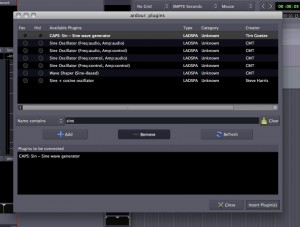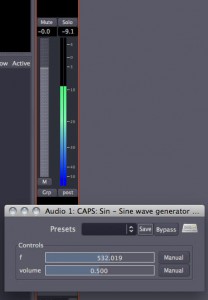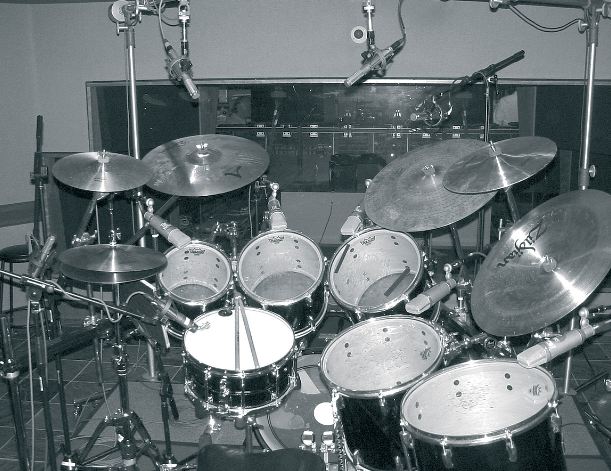One of the most important things you can do to become a better audio engineer and get better quality recordings in your home studio (or project studio, or even professional studio) is to train your ears. (That and protect your ears.)
So, for those who don’t have the patience to buy and listen to Golden Ears over and over, there are free ways to get to know your frequencies.

Why do you need to be able to identify frequencies by hearing them? EQing, mainly, and if you have any intention of doing live sound, then ringing out your monitors to eliminate feedback, you MUST be able to identify frequencies quickly and with accuracy.
I say for EQing, because it helps you intuitively know what frequencies within the audible range you want or need to adjust. Yes, you can do the hunt and peck approach to EQing your music tracks (boost one frequency with a narrow Q, and sweep the frequency until what you’re looking for becomes apparent and loud)… but that’s annoying. We all still do that every now and again, but if you can know what frequencies to adjust without hunting and pecking, then you’ll work faster and be more professional. Moreover, your RECORDING will get much better because as you’re placing mics and getting signal into your console you are much more aware of what the signal sound and quality and can smartly work to improve the recorded sound much more effectively.
So, free way to start training your ears to recognize frequencies:

- Download the free audio recording and mixing software Ardour. It comes bundled with a lot of plugins.
- Create a bus track
- Click in the plug-in section and insert the “CAPS Sin – Sine Wave Generator” plugin (first image above).
- You’ll hear a tone @ 440Hz
- You can adjust the slider to change the frequency of the sine wave. (picture below)
- OK… now close your eyes, and start randomly adjusting the frequency. Stop and try to estimate what the frequency is. Open your eyes and check.
- Repeat. Over and over and over and over until you start getting close on a regular basis.
You don’t have to be perfect, but you should be able to get into the main range with every tone you play.
It’s boring. It’s annoying. But without a doubt, you will be a better audio engineer if you do it.
Published: by | Updated: 09-10-2012 08:47:49





















